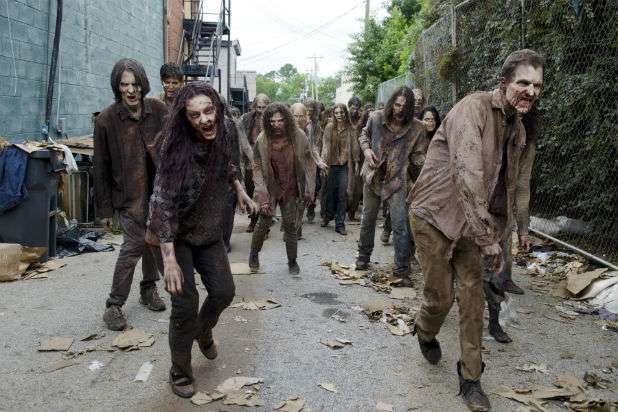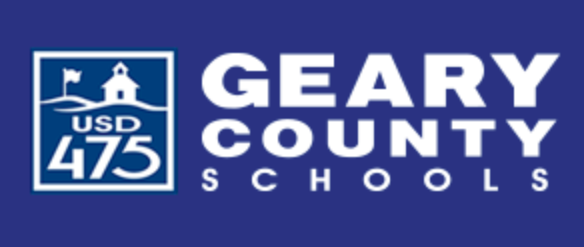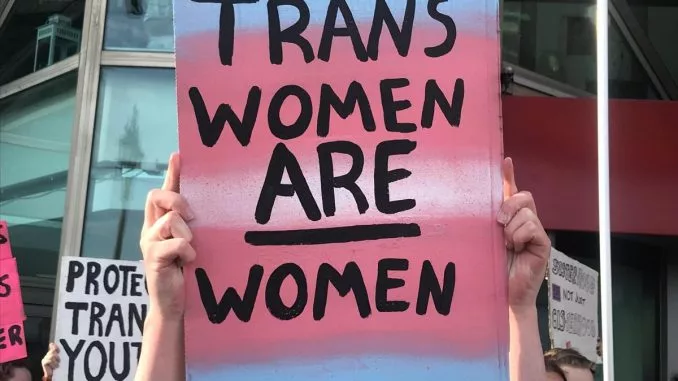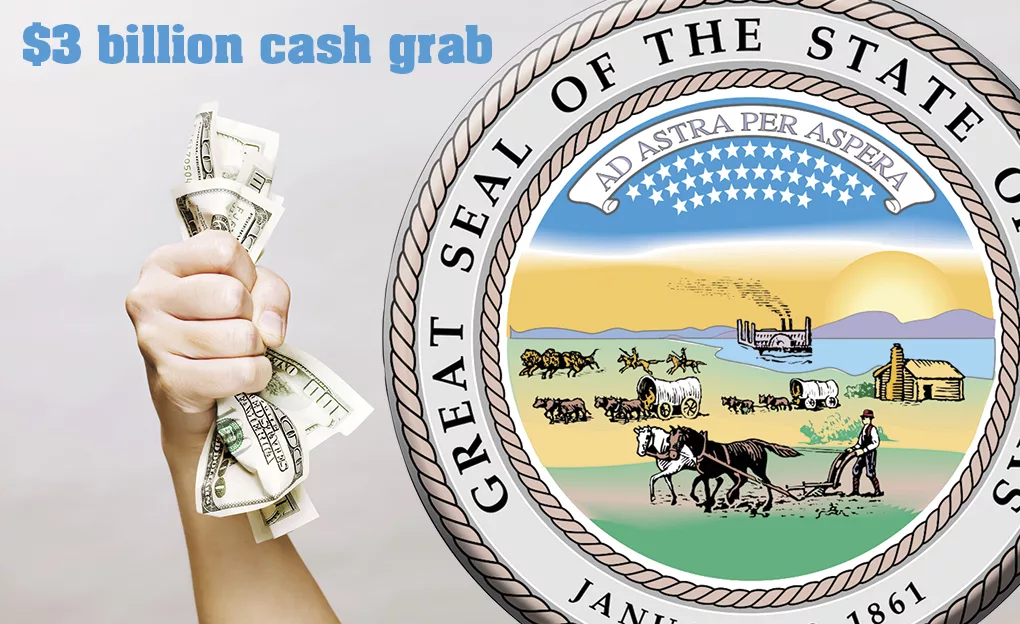As colleges and universities in Kansas and across the country prepare for a new academic year amid declining college entrance exam scores, statistics show fewer men playing the expensive college game and plenty of courses looking more like comedy sketches than elements of pricey degree programs.
There’s a lot to worry about in the American collegiate landscape. Academic standards dumbed-down after Covid restrictions and a new wave of DEI-related “equity” enhancers favoring non-white students imperil the very minority communities they intend to help by depressing standards. Scores on exams that test for college readiness like the ACT have plummeted to a 30 year low in 2023. Average scores declined in every academic subject, with averages in math, reading and science below established college readiness marks.
DUMB COLLEGE COURSES THAT ACTUALLY EXIST
The gender chasm in collegiate performance has been apparent for some time. This year roughly 33 percent more women than men graduated with Bachelor’s degrees in the United States. This trend, which has existed for several years, is a perplexing shift exacerbated by unspecific course loads, financial strain, and absurd curricula.

The increasing rate of women in American colleges and universities shouldn’t be disparaged, of course. It wasn’t until 1982 that women began attending public institutions at the same rate as men, but the decreasing enrollment of men in college and the imbalance between men and women in the classroom has become very apparent. Just as the workforce was unbalanced before the full acceptance of women into post secondary pursuits, higher education as a whole is being upset by the growing divide between male and female enrollment and graduation rates.
Enrollment is impacted significantly by demographic and socio-economic factors as well as differences in insight and attitudes between the sexes. In 2021 the Pew Research Center found that of adults at age 25 or older who had not earned a Bachelor’s degree, 34 percent of males stated that they “just didn’t want to” while only 25 percent of females said the same.
Research on gender differences in classroom settings has found that in general, women are less restless than men and are more likely to seek academic excellence regardless of course content. Additionally, according to a Cornell study, men tend to participate more in active STEM courses; males are more likely to participate in vocational studies and do so at higher rates.
Excessive hours in courses unrelated to specific programs or majors can cause students experiencing burnout to drop out of college in their third or fourth years, rendering their academic accomplishments purposeless. According to research, financial stress is a primary reason why many college drop-outs choose to not return to school.

Undergraduate programs are increasingly impeding those students who desire to join the workforce quickly upon their graduation often to increase their savings, provide for their families, or begin paying off burdensome student loans.
Additionally, as tuition costs climb, post secondary institutions are more steadily adding to their programs courses that are unrelated to normal degree requirements and/or lack reasonable external relevance. While the traditional purpose of unconventional courses is to produce more well-rounded students, it’s hard to get a read on exactly how “The Sociology of Miley Cyrus: Race, Class, Gender, And Media,” offered at Skidmore College in New York, will contribute to a student’s professional productivity.
And there’s “What If Harry Potter Is Real” at Appalachian State Univeristy; “Oh Look, A Chicken: What it means to be a distracted learner” at Belmont University; and “How to Win A Beauty Pageant” at Oberlin University.
And don’t think Kansas colleges are exempt from stupid investments of college funds. At the University of Kansas, undergraduate students have been able to take courses such as “Quest for Extraterrestrial Life,” which discusses the evidence and implications of UFOs; “Ancient Magic and Witches,” which studies the forms of magic and witchcraft practiced in ancient Rome and Greece; and “Gender and Sexuality in Ancient Greek and Roman Culture.”
Students majoring in General Studies of Women, Gender, and Sexuality at the university additionally have access to a deep range of courses on contemporary socio-political theory, including those such as “Angry White Male Studies” and “The Black Woman.”
At Kansas State University, students seeking careers in Hospitality Management and Dietetics may take “Introduction to Wines” and “Advanced Wines,” both of which include the tasting and identification of different varieties the alcoholic beverage. Pittsburg State University offers students upper-division courses on the “History of Japanese Women,” “Medieval Philosophy,” and “Plein Air (outdoor) Painting.”

It is, afterall, silliness at a price; a specific absurdity within college curriculums that nearly all young Americans agree is not at all affordable – especially true when considering that the “knowledge” these courses offer can be collected for free and at a much faster pace via independent research.
Such shifts in higher education have decreased its perceptive value and strengthened many young men’s views that attending college directly out of high school is by no means necessary. The value of a Bachelor’s degree has slipped over the past few decades with many Americans losing confidence in its ability to grant graduates the higher-paying jobs it once practically guaranteed.
In fact, a 2024 Pew Research Center study revealed that only 25 percent of Americans say it is “extremely or very important” to have a college degree in our current economy. About half of those polled agreed that possessing a college degree is less important now than it was 20 years ago, when male and female graduation rates were more equal and inflation rates were lower.
Additionally, a combined 42 percent of adults, male and female, who had earned a Bachelor’s degree or higher claimed that their education was only “somewhat” or “not too/not at all” useful in granting them the skills and knowledge they needed to be effective in their eventual careers.

Ursula Billings
Ursula Billings is a freelance writer for The Kansas Informer. She will graduate in May with a degree in Ag Business from Fort Hays State University and begin courses as a first-year law student at University of Kansas School of Law in August 2024.




